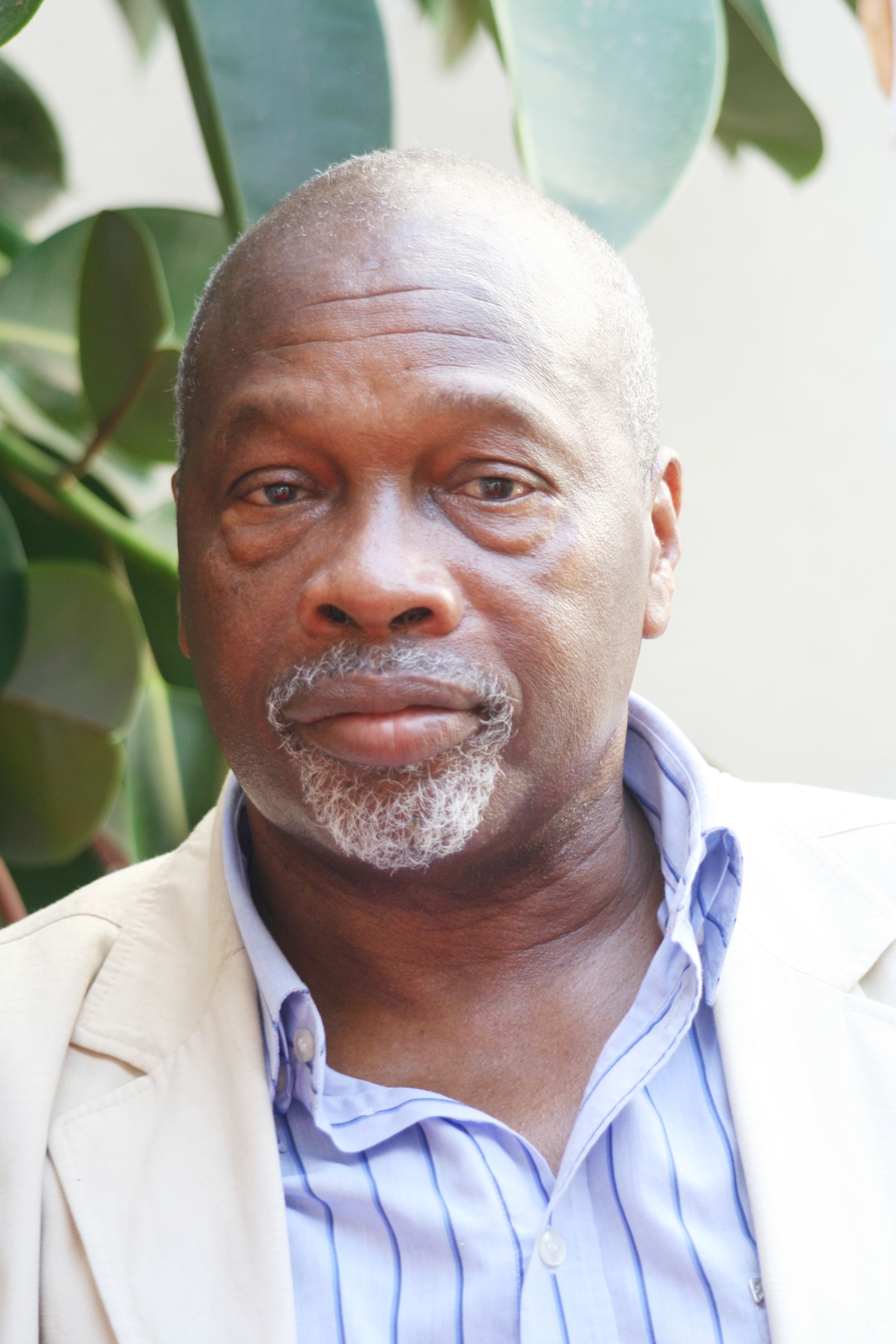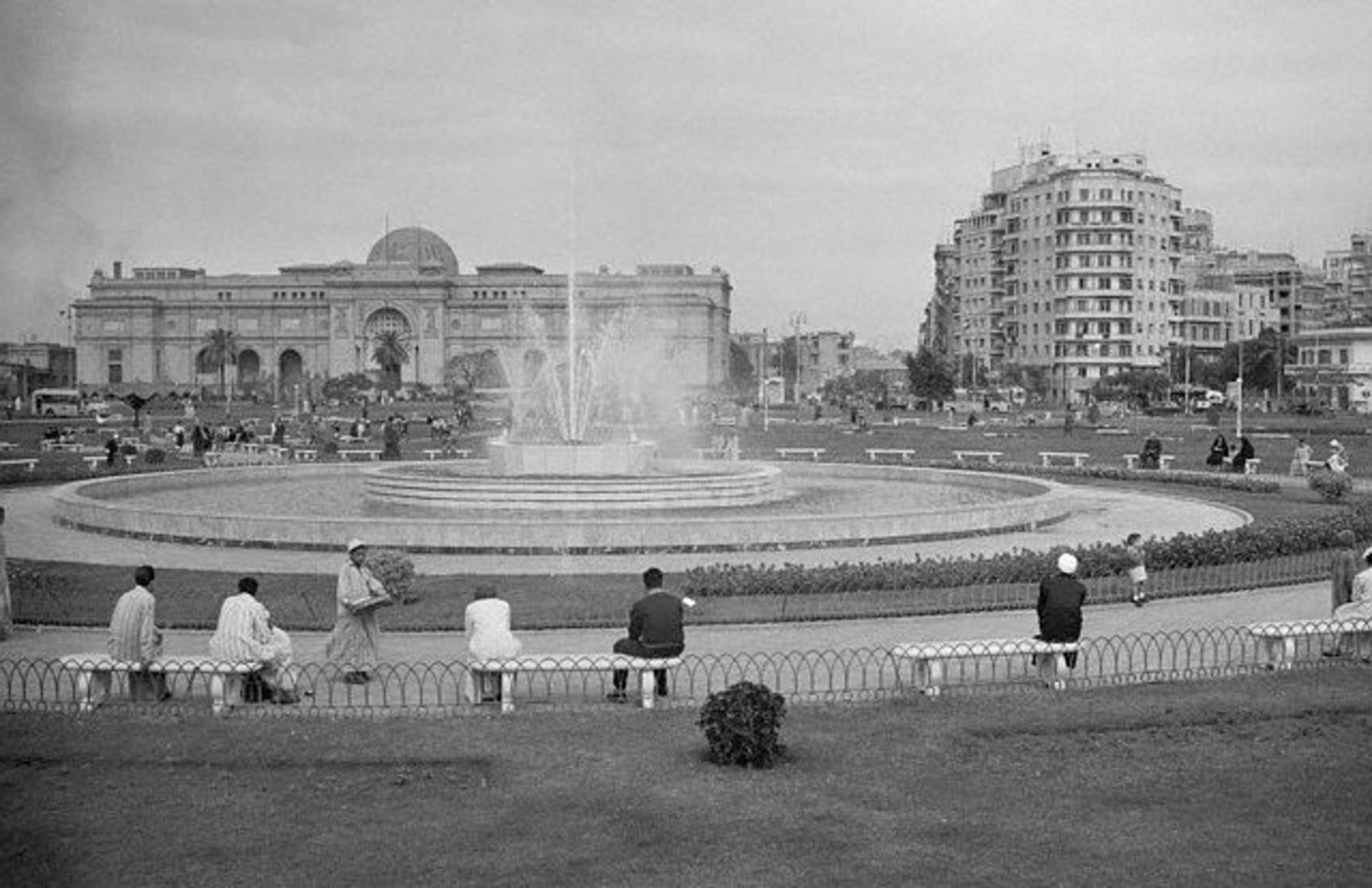|
2012 Senegalese Presidential Election
Presidential elections were held in Senegal on 26 February 2012, amidst controversy over the constitutional validity of a third term for incumbent president Abdoulaye Wade. In the runoff on 25 March, Macky Sall defeated the incumbent president. The 2015 documentary film ''Incorruptible'' chronicles both campaigns as well as the youth movement Y'en a Marre, which led protests against Wade's administration. Background The 26 February 2012 date for the election was decreed by President of Senegal Abdoulaye Wade on 23 November 2010. President Wade indicated that he would stand for his third term, set at seven years by the constitution. While the 2001 constitution limits a President to two terms, Wade argued that his 2000 election to his first seven-year term falls under the previous constitution, which did not provide for term limits. 2010–2011 protests and violence In April 2010, Wade came under fire for unveiling the African Renaissance Monument, a monument that was deeme ... [...More Info...] [...Related Items...] OR: [Wikipedia] [Google] [Baidu] |
Macky Sall - 2008 (born 1961), Senegalese politician
{{given name, type=both ...
Macky is both a given name and a surname. It may refer to: Surname: * Constance Jenkins Macky (1883–1961), Australian-born American painter, educator. *Eric Spencer Macky (1880–1958), New Zealand-born American artist, educator * Frank Macky, Australian rules footballer * Graham Macky (born 1954), New Zealand long-distance runner *John Macky (died 1726), Scottish spy *Neil Lloyd Macky (1891–1981), New Zealand lawyer and military leader *Willow Macky (1921–2006), New Zealand songwriter Given name: * Macky Escalona (born 1984), Filipino basketball player * Macky Makisumi (born 1990), Japanese speedcuber *Macky Sall Macky Sall (, wo, Maki Sàll, fuc, 𞤃𞤢𞤳𞤭 𞤅𞤢𞤤, italic=no, Maki Sal; born 11 December 1961) is a Senegalese politician who has been President of Senegal since April 2012. He was re-elected President in the first round vot ... [...More Info...] [...Related Items...] OR: [Wikipedia] [Google] [Baidu] |
Arab Spring
The Arab Spring ( ar, الربيع العربي) was a series of anti-government protests, uprisings and armed rebellions that spread across much of the Arab world in the early 2010s. It began in Tunisia in response to corruption and economic stagnation. From Tunisia, the protests then spread to five other countries: Libya, Egypt, Yemen, Syria and Bahrain. Rulers were deposed (Zine El Abidine Ben Ali, Muammar Gaddafi, Hosni Mubarak, Ali Abdullah Saleh) or major uprisings and social violence occurred including riots, civil wars, or insurgencies. Sustained street demonstrations took place in Morocco, Iraq, Algeria, Lebanon, Jordan, Kuwait, Oman and Sudan. Minor protests took place in Djibouti, Mauritania, Palestine, Saudi Arabia and the Moroccan-occupied Western Sahara. A major slogan of the demonstrators in the Arab world is '' ash-shaʻb yurīd isqāṭ an-niẓām!'' (). The importance of external factors versus internal factors to the protests' spread and success ... [...More Info...] [...Related Items...] OR: [Wikipedia] [Google] [Baidu] |
Youssou N'Dour
Youssou N'Dour (, wo, Yuusu Nduur; also known as Youssou Madjiguène Ndour; born 1 October 1959) is a Senegalese singer, songwriter, musician, composer, occasional actor, businessman, and politician. In 2004, ''Rolling Stone'' magazine described him as, "perhaps the most famous singer alive" in Senegal and much of Africa. From April 2012 to September 2013, he was Senegal's Minister of Tourism. N'Dour helped develop a style of popular Senegalese music known by all Senegambians (including the Wolof) as '' mbalax,'' a genre that has sacred origins in the Serer music njuup tradition and ndut initiation ceremonies.Sturman, Janet''The SAGE International Encyclopedia of Music and Culture'' SAGE Publications (2019), p. 1926, . Retrieved 13 July 2019.Connolly, Sean, ''Senegal'', Bradt Travel Guides (2009), p. 27, (Retrieved 13 July 2019) He is the subject of the award-winning films '' Retour à Gorée, Return to Gorée'' (2007) directed by Pierre-Yves Borgeaud and '' Youssou N'Do ... [...More Info...] [...Related Items...] OR: [Wikipedia] [Google] [Baidu] |
Bruno D'Erneville
Bruno may refer to: People and fictional characters *Bruno (name), including lists of people and fictional characters with either the given name or surname * Bruno, Duke of Saxony (died 880) * Bruno the Great (925–965), Archbishop of Cologne, Duke of Lotharingia and saint * Bruno (bishop of Verden) (920–976), German Roman Catholic bishop * Pope Gregory V (c. 972–999), born Bruno of Carinthia * Bruno of Querfurt (c. 974–1009), Christian missionary bishop, martyr and saint * Bruno of Augsburg (c. 992–1029), Bishop of Augsburg * Bruno (bishop of Würzburg) (1005–1045), German Roman Catholic bishop * Pope Leo IX (1002–1054), born Bruno of Egisheim-Dagsburg * Bruno II (1024–1057), Frisian count or margrave * Bruno the Saxon (fl. 2nd half of the 11th century), historian * Saint Bruno of Cologne (d. 1101), founder of the Carthusians * Bruno (bishop of Segni) (c. 1045–1123), Italian Roman Catholic bishop and saint * Bruno (archbishop of Trier) (died 1124), German Rom ... [...More Info...] [...Related Items...] OR: [Wikipedia] [Google] [Baidu] |
Amath Dansokho
Amath Dansokho (January 13, 1937"Ce que Dansokho a réellement dit à la Dic", ''Le Messager'', 10 April 2006 . – August 23, 2019) was a Senegalese politician. He was Secretary-General of the Party of Independence and Work (PIT) for years; he also served in the government of Senegal as Minister of Urban Planning and Housing from 1991 to 1995 and again, briefly, in 2000. He was mayor of Kédougou for a time. Since 2012, he was a special adviser to the president of Senegal; he was also honorary president of the PIT. Political career Dansokho was born in Kédougou. He was a member of the African Independence Party from 1957 to 1959 and lived in exile from 1960 to 1977. In 1983 he was first elected to the National Assembly as a PIT candidate, and he became Secretary-General of the PIT in 1984,"Dansokho Amath", ''Senegal: Les Hommes de Pouvoir'', number 5Africa Intelligence 17 July 2001 . following the death of Seydou Cissokho. He was re-elected to the National Assembly as a PIT ca ... [...More Info...] [...Related Items...] OR: [Wikipedia] [Google] [Baidu] |
Party Of Independence And Labour
The Party of Independence and Labour () is a socialist and formerly communist political party in Senegal. For years it was led by Amath Dansokho. History PIT emerged from the Senegalese branch of the African Independence Party (PAI). At the time of the 1960 local elections, PAI was accused by the government of fomenting unrest following a series of incidents in Saint-Louis. PAI was banned and went underground. The general secretary, Majhmoud Diop, and Tidiane Baïdy Ly went into exile in Guinea. In 1963 at the 23rd plenary session of the Central Committee of PAI a group of party cadres, including Babacar Niang and Tidiane Baïdy Ly, were expelled from the party, accused of "anti-party fractional activity, right-wing opportunist tendencies" (Momsarew, April 1964). In the December 1, 1963 elections PAI joined the Senegalese Democracy and Unity bloc. Whereas many young cadres of the clandestine PAI went to study at the Patrice Lumumba University in Moscow, one section were sen ... [...More Info...] [...Related Items...] OR: [Wikipedia] [Google] [Baidu] |
Hosni Mubarak
Muhammad Hosni El Sayed Mubarak, (; 4 May 1928 – 25 February 2020) was an Egyptian politician and military officer who served as the fourth president of Egypt from 1981 to 2011. Before he entered politics, Mubarak was a career officer in the Egyptian Air Force. He served as its commander from 1972 to 1975 and rose to the rank of air chief marshal in 1973. In 1975, he was appointed vice president by President Anwar Sadat and assumed the presidency after his assassination in 1981. Mubarak's presidency lasted almost thirty years, making him Egypt's longest-serving ruler since Muhammad Ali Pasha, who ruled the country for 43 years from 1805 to 1848. Less than two weeks after the assassination of President Anwar Sadat, Mubarak quickly assumed the presidency in the single-candidate 1981 referendum, and renewed his term through single-candidate referendums in 1987 Egyptian presidential confirmation referendum, 1987, 1993 Egyptian presidential confirmation referendum, 1993, ... [...More Info...] [...Related Items...] OR: [Wikipedia] [Google] [Baidu] |
2011 Egyptian Revolution
The 2011 Egyptian revolution, also known as the 25 January revolution ( ar, ثورة ٢٥ يناير; ), began on 25 January 2011 and spread across Egypt. The date was set by various youth groups to coincide with the annual Egyptian "Police holiday" as a statement against increasing police brutality during the last few years of Hosni Mubarak's presidency. It consisted of demonstrations, marches, occupations of plazas, non-violent civil resistance, acts of civil disobedience and strikes. Millions of protesters from a range of socio-economic and religious backgrounds demanded the overthrow of Egyptian President Hosni Mubarak. Violent clashes between security forces and protesters resulted in at least 846 people killed and over 6,000 injured. Protesters retaliated by burning over 90 police stations across the country. The Egyptian protesters' grievances focused on legal and political issues, including police brutality, state-of-emergency laws, lack of political freedom, civil libe ... [...More Info...] [...Related Items...] OR: [Wikipedia] [Google] [Baidu] |
Tahrir Square
Tahrir Square ( ar, ميدان التحرير ', , English: Liberation Square), also known as "Martyr Square", is a major public town square in downtown Cairo, Egypt. The square has been the location and focus for political demonstrations in Cairo since the early 20th century; the city's previous central square was Salah al-Din Square. The 2011 Egyptian revolution and the resignation of President Hosni Mubarak occurred at the Tahrir Square. History The square was originally called "Ismailia Square" ( '), after the 19th-century ruler Khedive Ismail, who commissioned the new downtown district's 'Paris on the Nile' design. After the Egyptian Revolution of 1919, the square became widely known as Tahrir (Liberation) Square. In 1933 King Fuad I (r. 1922–1936), the son of Khedive Ismail, renamed the square officially to Khedive Ismail Square ('). Before the end of his reign in 1936, a roundabout with a garden was created at the center of the square. Under his successor, King F ... [...More Info...] [...Related Items...] OR: [Wikipedia] [Google] [Baidu] |
Place De L'Obelisque
Place may refer to: Geography * Place (United States Census Bureau), defined as any concentration of population ** Census-designated place, a populated area lacking its own municipal government * "Place", a type of street or road name ** Often implies a dead end (street) or cul-de-sac * Place, based on the Cornish word "plas" meaning mansion * Place, a populated place, an area of human settlement ** Incorporated place (see municipal corporation), a populated area with its own municipal government * Location (geography), an area with definite or indefinite boundaries or a portion of space which has a name in an area Placenames * Placé, a commune in Pays de la Loire, Paris, France * Plače, a small settlement in Slovenia * Place (Mysia), a town of ancient Mysia, Anatolia, now in Turkey * Place, New Hampshire, a location in the United States * Place House, a 16th-century mansion largely remodelled in the 19th century, in Fowey, Cornwall * Place House, a 19th-century mansion o ... [...More Info...] [...Related Items...] OR: [Wikipedia] [Google] [Baidu] |
Tear Gas
Tear gas, also known as a lachrymator agent or lachrymator (), sometimes colloquially known as "mace" after the early commercial aerosol, is a chemical weapon that stimulates the nerves of the lacrimal gland in the eye to produce tears. In addition, it can cause severe eye and respiratory pain, skin irritation, bleeding, and blindness. Common lachrymators both currently and formerly used as tear gas include pepper spray (OC gas), PAVA spray ( nonivamide), CS gas, CR gas, CN gas (phenacyl chloride), bromoacetone, xylyl bromide and Mace (a branded mixture). While lachrymatory agents are commonly deployed for riot control by law enforcement and military personnel, its use in warfare is prohibited by various international treaties.E.g. the Geneva Protocol of 1925 prohibited the use of "asphyxiating gas, or any other kind of gas, liquids, substances or similar materials". During World War I, increasingly toxic and deadly lachrymatory agents were used. The short and long- ... [...More Info...] [...Related Items...] OR: [Wikipedia] [Google] [Baidu] |






.jpg)